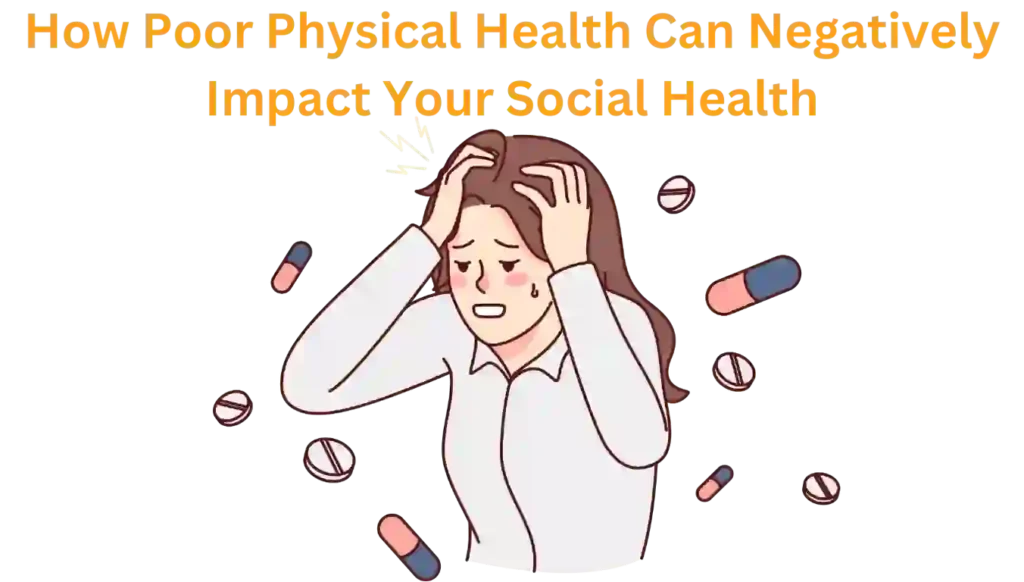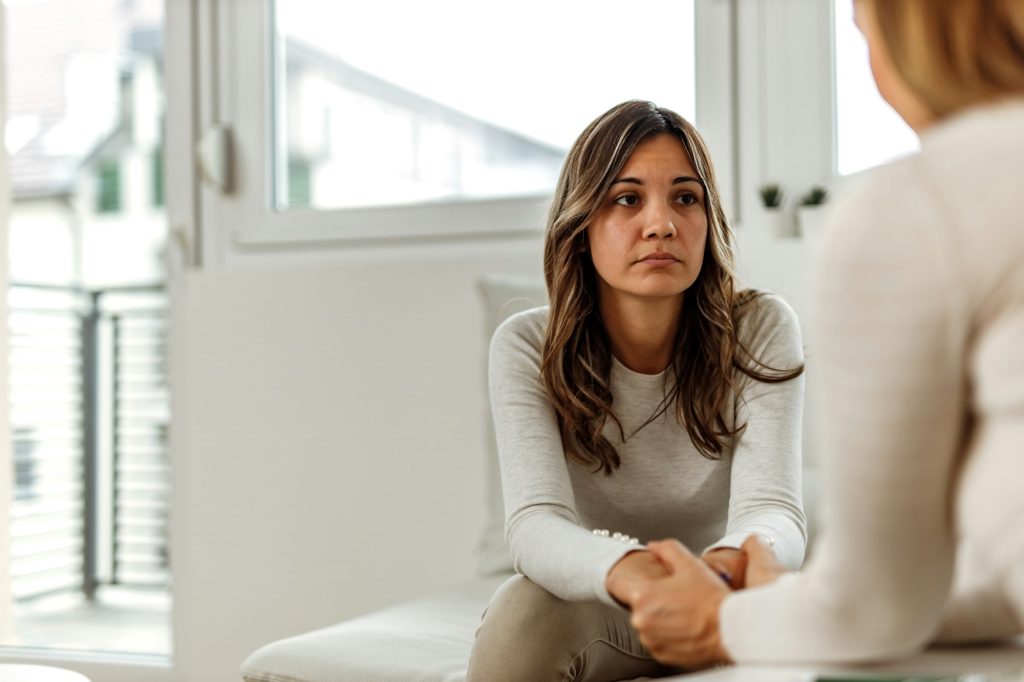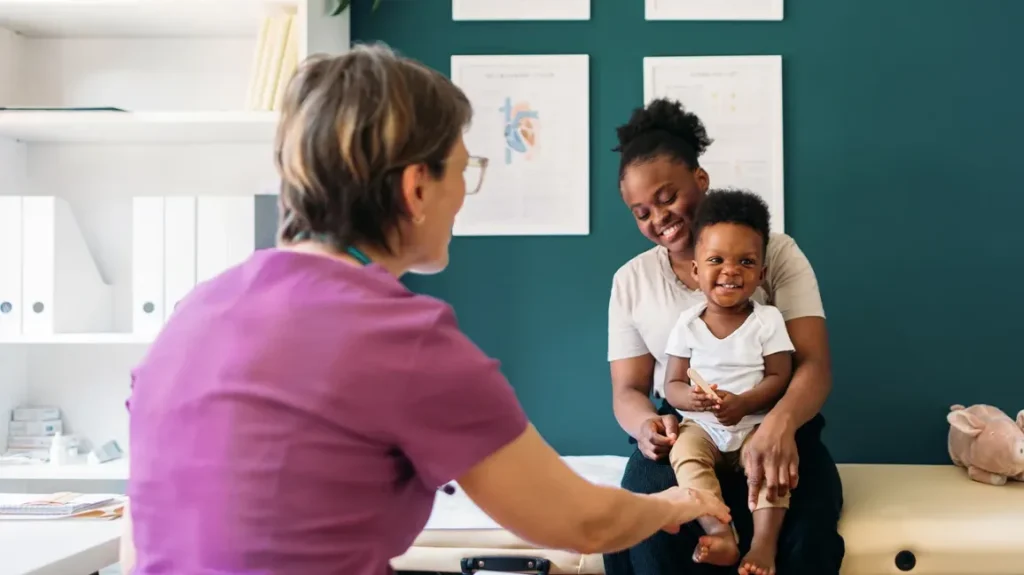The connection between physical and social health is like a two-way street. When you take care of your body, it often has positive effects on your social life. For example, staying active through exercise can boost your mood and energy levels, making it easier to engage with others. On the flip side, when your physical health is not so great, it can put a strain on your social well-being. Feeling unwell or having limited mobility might make it harder to go out and be with friends.
Additionally, social connections themselves can impact your physical health. Having close relationships can reduce stress, which is good for your body. When you have people to lean on, it can make dealing with health challenges a bit easier. So, it’s not just about going for a jog or eating well; it’s also about the people around you.
Table of Contents
Physical Health
Physical health refers to how well your body functions and the condition of your body’s systems. It includes factors like exercise, nutrition, sleep, and avoiding harmful substances. When you take care of your physical health, you’re giving your body what it needs to work properly. This means getting enough exercise to keep your heart and muscles strong, eating a balanced diet to fuel your body with nutrients, and getting adequate rest to recharge.
Physical health also involves avoiding things that can harm your body, like smoking, excessive drinking, or drug use. Regular check-ups with healthcare professionals are important for maintaining physical health, as they can catch potential issues early on.
Good physical health can lead to a better quality of life, improved mood, more energy, and a reduced risk of many diseases. It’s a foundation for overall well-being, allowing you to do the things you enjoy and take on life’s challenges with more resilience.
Social Health
Social health refers to how well you interact and connect with others in your community and relationships. It’s about having positive relationships, being able to form meaningful connections, and feeling like you belong. When your social health is strong, you feel supported, understood, and valued by those around you. This can include family, friends, coworkers, and even acquaintances.
Social health involves both giving and receiving support. It’s not just about having people around you, but also about feeling connected and having a sense of belonging. This can impact your mental well-being, as social connections provide emotional support during tough times and can boost your overall happiness.
Activities that promote social health include spending time with loved ones, joining clubs or groups, volunteering, and participating in community events. Building strong social connections can improve your resilience to stress, reduce feelings of loneliness, and increase your overall sense of fulfillment and purpose in life.
Link Between Physical and Social Health
The link between physical and social health is significant, with each influencing the other in profound ways. When you take care of your physical health—by exercising regularly, eating well, and getting enough sleep—it often has positive effects on your social well-being. For instance, feeling physically fit can boost your confidence and energy levels, making it easier to engage in social activities and form connections with others. On the other hand, poor physical health can lead to social isolation.
Conversely, social connections can impact your physical health. Having a strong support system can reduce stress, which is beneficial for your body. People who feel socially connected often have better immune function, lower risk of chronic diseases, and even faster recovery from illnesses. This connection underscores the importance of not only taking care of our bodies but also nurturing our social relationships. Good physical health helps us engage socially, while positive social connections contribute to better physical health. A cycle of well-being that supports overall happiness and longevity.
Effects of Poor Physical Health on Social Life
Poor physical health can have various effects on a person’s social life, creating challenges that impact relationships and overall well-being.
- Social Isolation and Loneliness: When dealing with health issues, individuals may find it harder to participate in social activities or maintain regular contact with friends and family. This can lead to feelings of isolation and loneliness, as they may withdraw from social interactions due to pain, fatigue, or limitations in mobility.
- Impact on Relationships: Chronic health conditions or disabilities can strain relationships, both with family members and friends. The demands of managing a health condition might make it difficult to keep up with social commitments, leading to misunderstandings or feelings of neglect.
- Decreased Social Support: In times of illness or poor health, individuals often rely on social support networks for emotional and practical assistance. However, poor physical health can limit the ability to reach out for help, creating a sense of being overwhelmed or unsupported.
- Changes in Social Roles: Illness or injury may force individuals to adjust their roles within social circles. For example, someone who was once the life of the party might now struggle to attend events, leading to feelings of inadequacy or exclusion.
- Loss of Confidence: Dealing with physical health challenges can sometimes erode self-esteem and confidence. This can make it difficult to engage socially, as individuals may feel self-conscious about their appearance or abilities.
- Financial Strain: Poor physical health often comes with medical expenses and may lead to reduced work hours or inability to work. Financial strain can limit social activities that require spending money, further contributing to feelings of isolation.
Barriers to Social Engagement
Barriers to social engagement can arise from various factors, particularly when individuals are facing challenges with their physical health. These barriers can hinder participation in social activities and limit interactions with others.
Physical Limitations
Physical limitations mean that your body can’t do everything you want it to do because of health problems. This could be things like not being able to walk easily or being too tired to go out. Trouble walking due to pain, fatigue making it hard to attend parties or events, difficulty standing for long periods.
Transportation Challenges
It’s about having a hard time getting from one place to another, like going to a friend’s house or a social event. Being unable to drive due to health issues, lack of accessible public transport options, and relying on others for rides.
Financial Constraints
This means having money problems because of health expenses or not being able to work as much. Medical bills taking up a lot of money, not having enough to go out to dinner or movies, not being able to afford social activities.
Emotional Impact
When health problems make you feel sad, anxious, or not good about yourself, it can be hard to want to be around others. Feeling down because of pain, worrying what others will think about your health condition, feeling embarrassed.
Time and Energy Constraints
This means that dealing with health issues takes up a lot of your time and makes you feel tired, leaving less energy for socializing. Spending a lot of time at doctor’s appointments, feeling too tired after treatments to go out, not having the energy for social activities.
Strategies for Improving Social Health with Physical Health
Improving social health through better physical health involves taking steps to care for both your body and your relationships.
Exercise Regularly
Doing activities like walking, dancing, or swimming helps your body stay strong and makes you feel good. It can also boost your mood and energy, making it easier to be social. Going for a walk with friends, joining a fitness class, playing a sport with others.
Eat Well
Eating healthy foods like fruits, vegetables, and whole grains gives your body the right nutrients to work well. This can make you feel better overall, which can improve your desire to socialize. Cooking and sharing meals with family or friends, trying new healthy recipes together.
Get Enough Rest
Your body needs sleep to recharge, so getting good sleep helps you feel more alert and ready to be social. It also helps your body heal from any health issues. Having a regular bedtime routine, taking short naps if needed, creating a comfortable sleep environment.
Seek Support
It’s important to have people you can talk to and rely on when you’re dealing with health problems. They can give you emotional support and help you feel less alone. Sharing your feelings with a trusted friend, joining a support group for people with similar health conditions, talking to a counselor.
Engage in Social Activities
Being around others and doing fun things together is good for your social health. It can lift your spirits and create new friendships. Attending community events or classes, volunteering for a cause you care about, joining a club or hobby group.
Conclusion
Poor physical health can affect social life in many ways. It can make it hard to go out and be with friends, leading to feelings of loneliness. Financial problems from medical bills can also limit social activities. Feeling down or anxious because of health issues can make it tough to want to be around others. But there are ways to make things better.
Doing exercises like walking or dancing can boost your mood and energy for socializing. Eating healthy foods gives your body what it needs to work well. Getting good sleep helps you feel ready to be social. It’s also important to have people you can talk to and lean on for support. Engaging in social activities, like joining clubs or volunteering, can create new friendships. By taking care of our physical health, we’re also improving our social connections and overall well-being.








Pingback: Discuss How Seniors Can Combat Health Problems They May Face